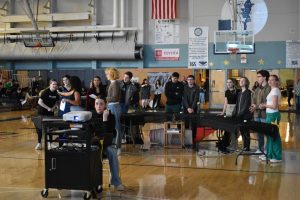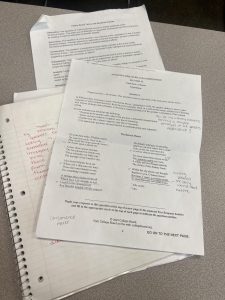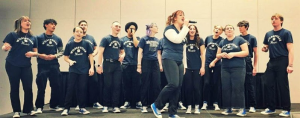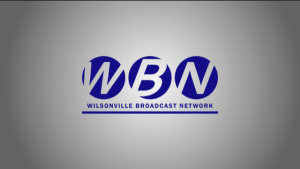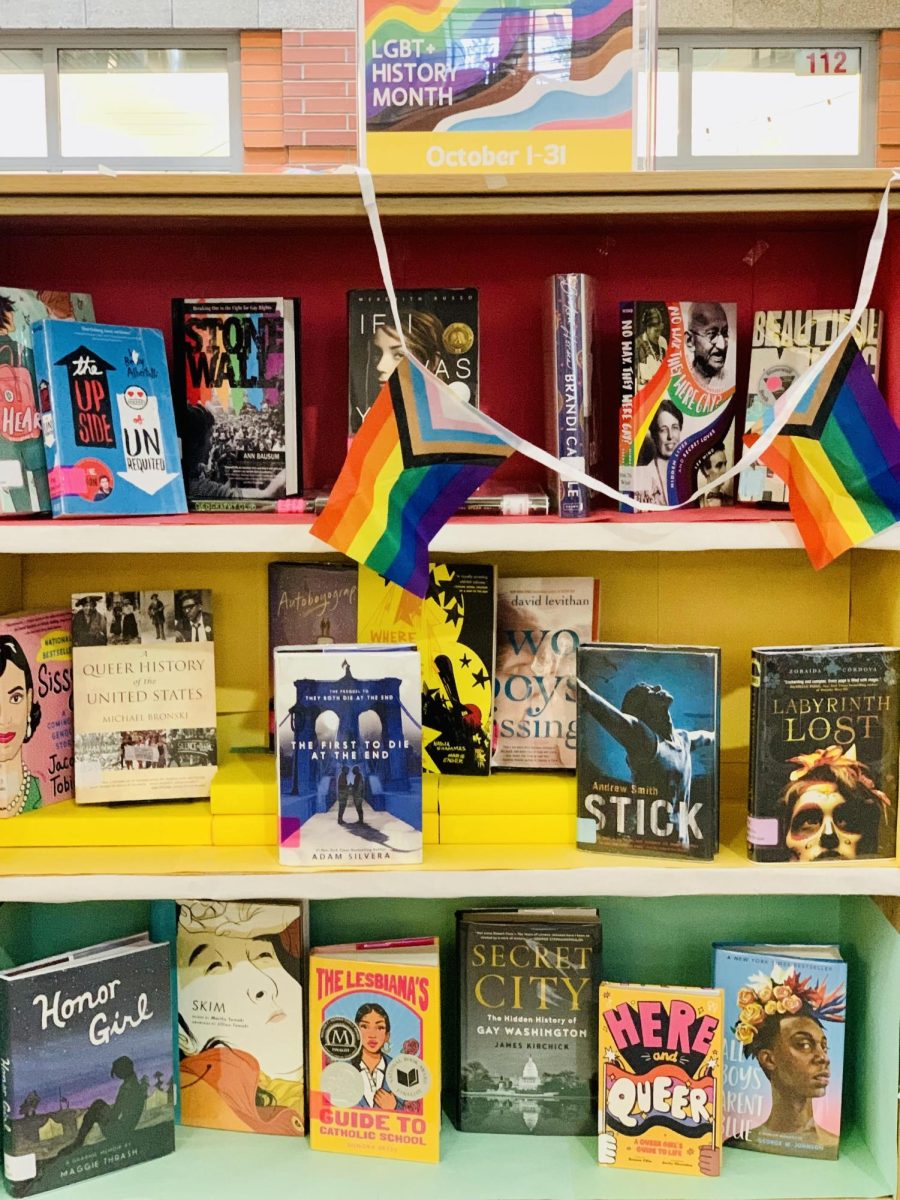Annually, certain books are challenged at the district level over their content and whether or not they should be banned. At the heart of the school, libraries have the power to educate and engage students throughout their years at the high school. Easily accessible, libraries are a privilege to Wilsonville High School students, but also a responsibility.
This year, many books await trial. Some people argue that certain content shouldn’t be available for students to read without the knowledge of their parents or guardians. Wilsonville High School’s librarian, Mrs. Coreson, explains that “Last year, nine books were challenged by parents at board meetings.”
Certain books struggle to stay on library shelves, and the disagreement comes with the importance of representing everyone while encouraging appropriate books. Lindsay Demaray reflects on this topic as a previous English teacher at Wilsonville High School, explaining, “At the high school level, adults in the building want to help kids make independent choices as they grow into independent adults.”
Further explaining her passion for developing students into worldly readers, Mrs. Demaray emphasizes the significance of curiosity in young people: “Students should be able to read the authors and about the characters they want to. Our high school library selection should reflect all 1,200 students on campus. Books should be choices that aren’t prescribed by teachers to fit specific curriculum, but always to fit the student’s interests.”
Although many students appreciate the variety of books and topics held in local libraries, others question whether these books are appropriate for enjoyment and education. Committees that work at the district and state level converse over these books through conventions and programs. The National Council of Teachers of English (NCTE) plays a major role in the debate on banned books.
NCTE actively supports intellectual freedom and the right to books that provide inquiry, critical thinking, and diversity in thought and expression for students during the week of banning books. Mrs. Coreson continues, “My goal in Wilsonville’s library is to have books that represent everyone in this community and help people experience new things and new ways to think.”
Carrying the tradition of challenging books since the 1950s, representatives of the NCTE coalition arouse new questions in relation to current affairs, social and cultural stances, and how readers may relate book content to present-day issues to create fair and mature judgments on banning a book.
NCTE focuses on books that ‘politicize’ schools and often challenge books that accentuate topics like queer identity, equality/race, sexuality/sexual content, abuse, profanity, or consistently use explicit language. Recently, NCTE executives partnered with congressional representatives and fellow advocates in conferences to prepare for announcing a resolution to Banned Books Week.
Events are held frequently throughout the weeks leading up to Banned Books Week, and local families can easily get involved. Committees are dedicated to informing and uplifting students, and they organize programs to spotlight censorship.
Banned Books Week can instigate fights over controversial topics. On the other hand, school librarian Coerson explains, “High schoolers can make their own decisions about what they consume as readers–it’s their choice… We have books in the library that have been banned in other places and from past years.”
Although it’s not illegal to read a “banned” book, these stories are often no longer freely accessible in public spaces. This implementation resolves issues for some people, but can ignite conflict for others.
